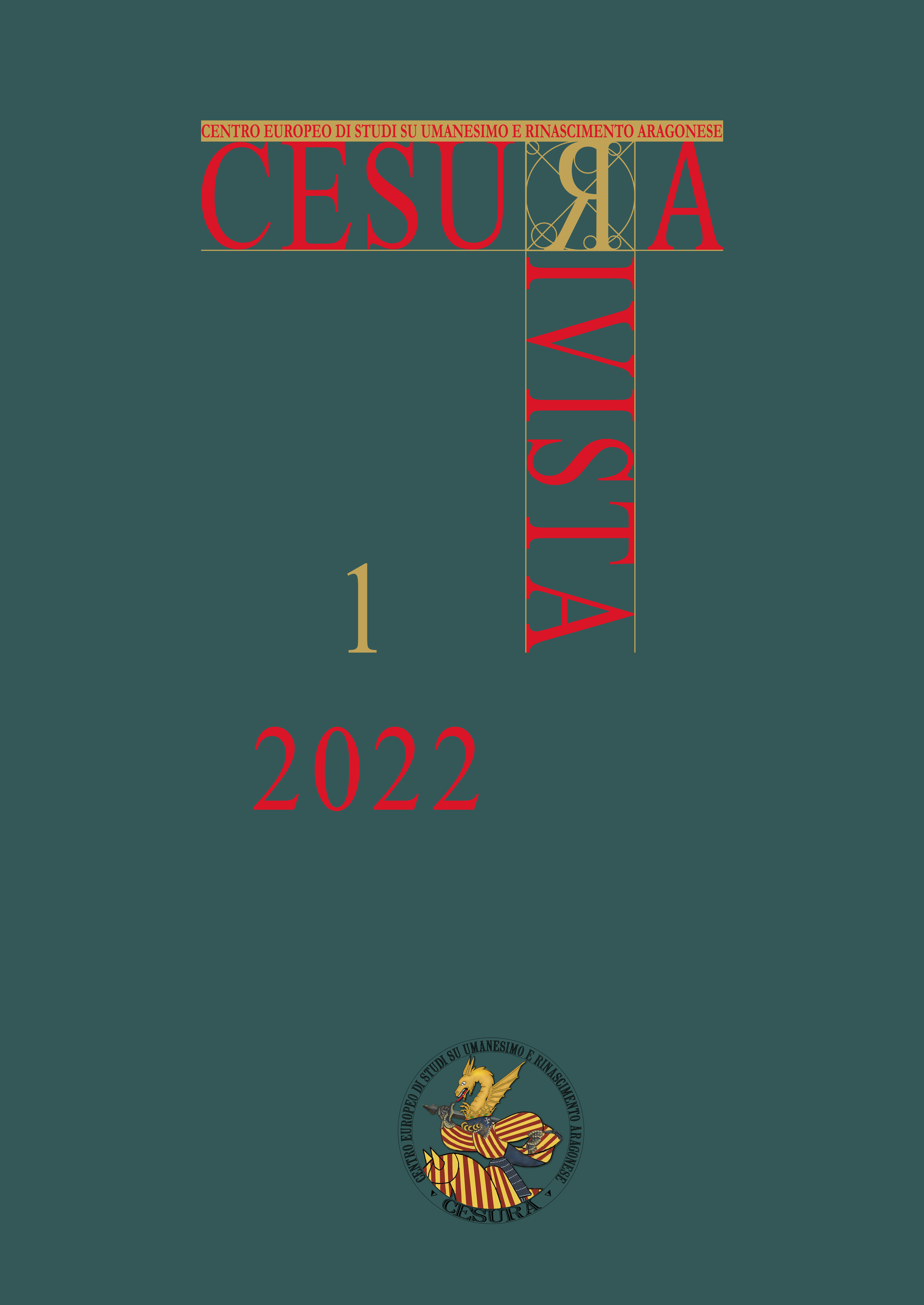I ‘moti antifiscali’ della Guerra di successione napoletana (1458-1465): una rilettura
DOI:
https://doi.org/10.6093/2974-637X/1110072Parole chiave:
XV secolo, Regno di Napoli, Politica fiscale, Guerra di successione di NapoliAbstract
Il contributo affronta il tema della Guerra di successione napoletana dal punto di vista fiscale e politico. La storiografia ha già sottolineato la partecipazione delle popolazioni del Regno al conflitto, nonché il malcontento fiscale che talvolta lo animava. Soprattutto nel caso calabrese, tali disordini hanno avuto particolare risonanza. L’interpretazione di tali vicende, tuttavia, è stata negli anni piuttosto riduttiva, dal momento che a lungo si è insistito sulla miseria della popolazione rurale come principale causa scatenante. La lettura che si propone in questa sede è diversa: si sottolineano i termini specifici in cui la questione tributaria fu dibattuta, l’uso che ne fecero i belligeranti e le diverse prospettive da cui baroni e comunità guardarono a essa. L’estrema frammentazione causata dalla guerra interna mostra anche perché la negoziazione parlamentare degli accordi fiscali finì nel vuoto. Di conseguenza, il ritorno alla pace passò per patteggiamenti caso per caso, che scongiurarono cambiamenti strutturali a danno dello stato regio.
Downloads
Pubblicato
Come citare
Fascicolo
Sezione
Categorie
Licenza
Copyright (c) 2022 Davide Morra

Questo lavoro è fornito con la licenza Creative Commons Attribuzione - Non commerciale - Non opere derivate 4.0 Internazionale.
I termini della licenza sono consultabili qui.




